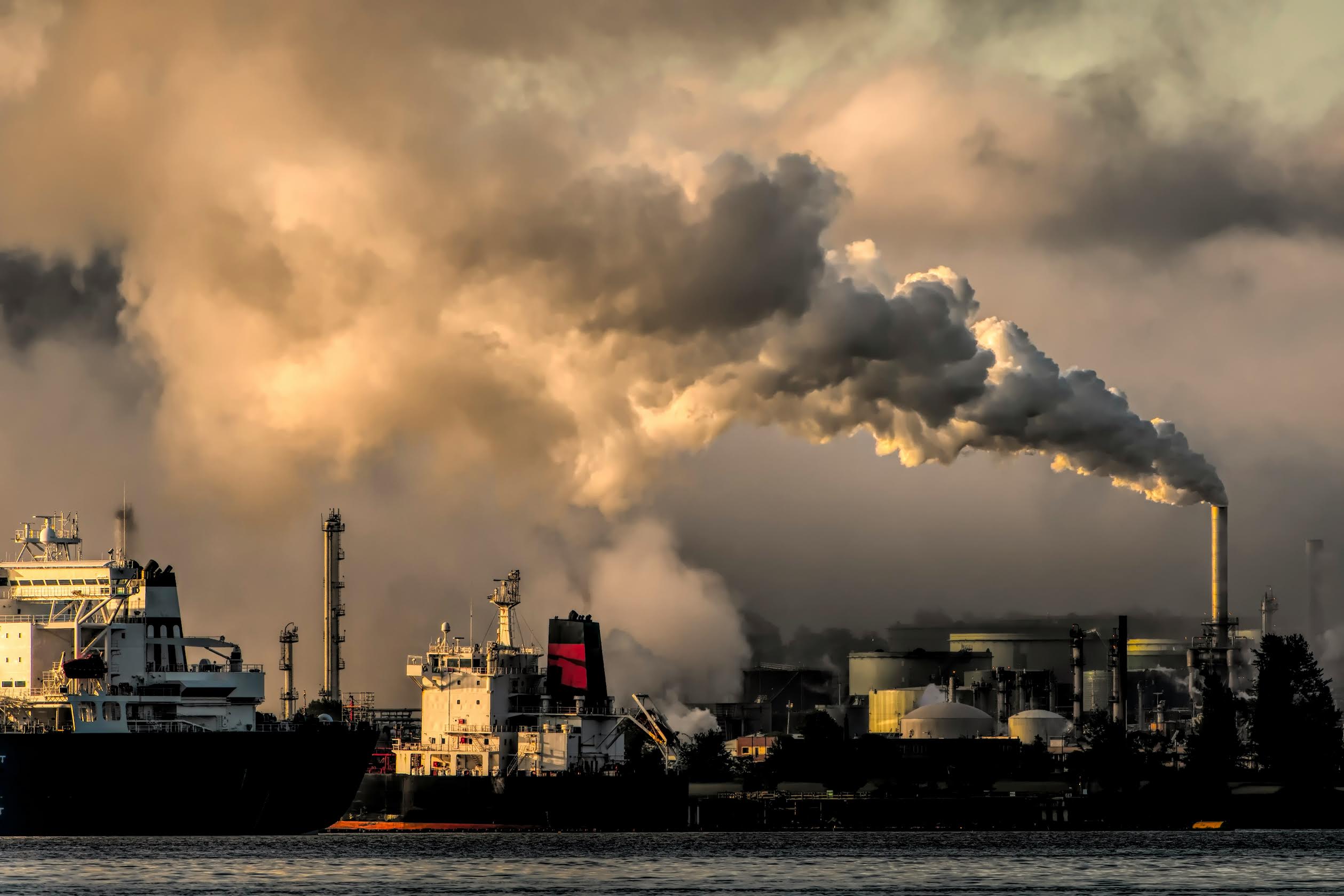How Fossil Fuels Are Polluting Our Air & Water
Dirty fossil energy is spiking our air and water with pollution.
Is the ever-growing concern about dirty energy making you worried about the air you breathe and the water you drink? Fossil fuels are silently wreaking havoc on our environment, and the consequences are more severe than most people realize.
What are fossil fuels?
Fossil fuels are literally relics of the past. Think of them as nature’s time capsules—ancient plants and animals that got squished and cooked underground for millions of years. The result? Coal, oil, and natural gas. These energy-packed substances have been powering our world since the Industrial Revolution, and they’re the main culprits behind our overheating planet.
According to the U.S. Energy Information Administration, fossil fuels make up about 79% of total U.S. primary energy production in 2022. They’ve gotten us to where we are today, but it’s time to upgrade to cleaner alternatives.
Fossil Fuels and Air Pollution
Now, let’s talk about the elephant in the room—or, more accurately, the smog in the air. When we burn fossil fuels, we release a cocktail of pollutants into our atmosphere. The carbon dioxide produced is the primary culprit behind our overheating planet, acting as a blanket that lets in the light from the sun, but keeps the heat from getting out.
Other byproducts like sulfur dioxide, nitrogen oxides, and particulate matter also join the party, contributing to acid rain, smog, and respiratory issues. According to Bloomberg, as many as 1 in 10 American deaths today are caused by air pollution.
Fossil Fuels and Water Pollution
But the pollution doesn’t stop at the air—it is also causing quite a stir in our water. Harmful byproducts of fossil fuels make it into the water we drink. Fracking, a method used to extract natural gas, has been linked to groundwater pollution. A study found that in areas with shale gas development, there is 17 times more methane in the drinking water. And let’s not forget about coal ash ponds and acid mine drainage, which sound like rejected supervillain lairs but are actually real threats to our rivers and streams, with the EPA identifying over 1,000 contaminated sites related to coal ash in the U.S. alone.
The Domino Effect: Broader Environmental Impact of Fossil Fuels
The environmental impacts of fossil fuels extend far beyond air and water pollution. Climate change due to carbon pollution causes the planet’s rising temperatures, extreme weather events, wildfires, and rising sea levels.
Mining and drilling for fossil fuels destroys animal habitats, and the ocean becoming more acidic threatens marine life. The National Oceanic and Atmospheric Administration (NOAA) states that the ocean absorbs about 30% of the CO2 released into the atmosphere, leading to a 30% increase in ocean acidity since the Industrial Revolution.
How can we reduce fossil fuels?
The use of dirty fossil fuel energy directly causes a lot of the environmental damage we see today. Thankfully, we can upgrade to clean energy, which has become much less expensive.
The cost of solar has fallen by 90% over the last decade, and the cost of wind by 70%. Many countries are also setting ambitious clean energy targets, with the United States promising to reduce emissions by 50% by 2030.
We’re already upgrading to cleaner, safer, faster energy. But, in order to protect our planet for future generations, we need to do more.
Here’s what you can do right now:
✅ Talk to your friends and family about climate change
✅ Electrify your home with clean energy
✅ Join us to advocate for policy solutions that will stop the pollution that’s overheating the planet


